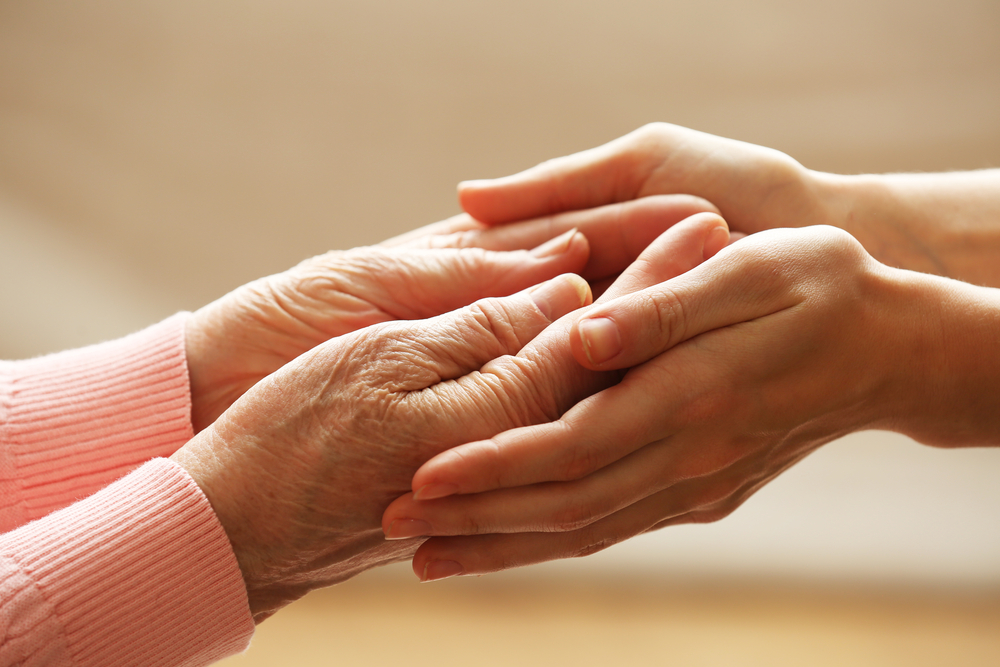Elder Law Lawyer
If you have a loved one who resides in a nursing home or another facility that provides residential care, it is important to remain vigilant concerning signs that your loved one may be experiencing abuse or neglect. Watching out for abuse and neglect is not the easiest task because many of the most common signs that someone is experiencing mistreatment can be attributed to benign factors and influences. For example, your loved one may be dropping weight and refusing to eat because they are upset and don’t feel like they can talk to anybody about what is happening to them, or they may be dropping weight and refusing to eat because their memory disorder is progressing and lack of appetite and trouble eating and drinking are common concerns experienced by memory care patients.
Because the signs and symptoms of abuse and neglect are not always easy to discern it is very important to speak with an attorney confidential consultation session if you suspect that something is wrong. This is because you may be the only thing standing between your loved one and continued mistreatment, but you won’t fully understand what is going on or what your options are until you speak with an attorney about what is weighing on your mind.
Common Kinds of Abuse
As an experienced Bergen County, NJ elder law lawyer – including those who practice at Kaplan Law Practice, LLC– can confirm, there are several ways in which abuse and neglect commonly manifest in nursing home and long-term residential care patients. Individuals may suffer physical abuse, emotional abuse, neglect, and exploitation.
Keeping a close watch on how your loved one is doing and what their daily patterns, behaviors, and emotional responses are can help you to spot signs that something has gone wrong. This is not to say that every time your loved one becomes upset, loses their appetite, experiences bruising, or withdraws from social situations that they are trying to silently cope in the face of abuse or neglect. This is where a certain amount of intuition needs to come into play on your part. If something seems to be terribly amiss and you cannot place your finger on what is going on, it is time to speak with an attorney.
Advocacy
It is important to understand but even adults who are ordinarily capable of advocating on their own behalf may not speak up if they are being abused or neglected. They may be concerned that they have nowhere else to go, they may be concerned about retaliation, and they may be concerned about burdening you with what is happening to them. Therefore, it is important not to take for granted the idea that if your loved one was being mistreated, they would speak up and speak out. If something genuinely seems wrong, speak with a lawyer who practices nursing home abuse and neglect law, as they understand how to uncover the truth and how to address any mistreatment that may be occurring.

